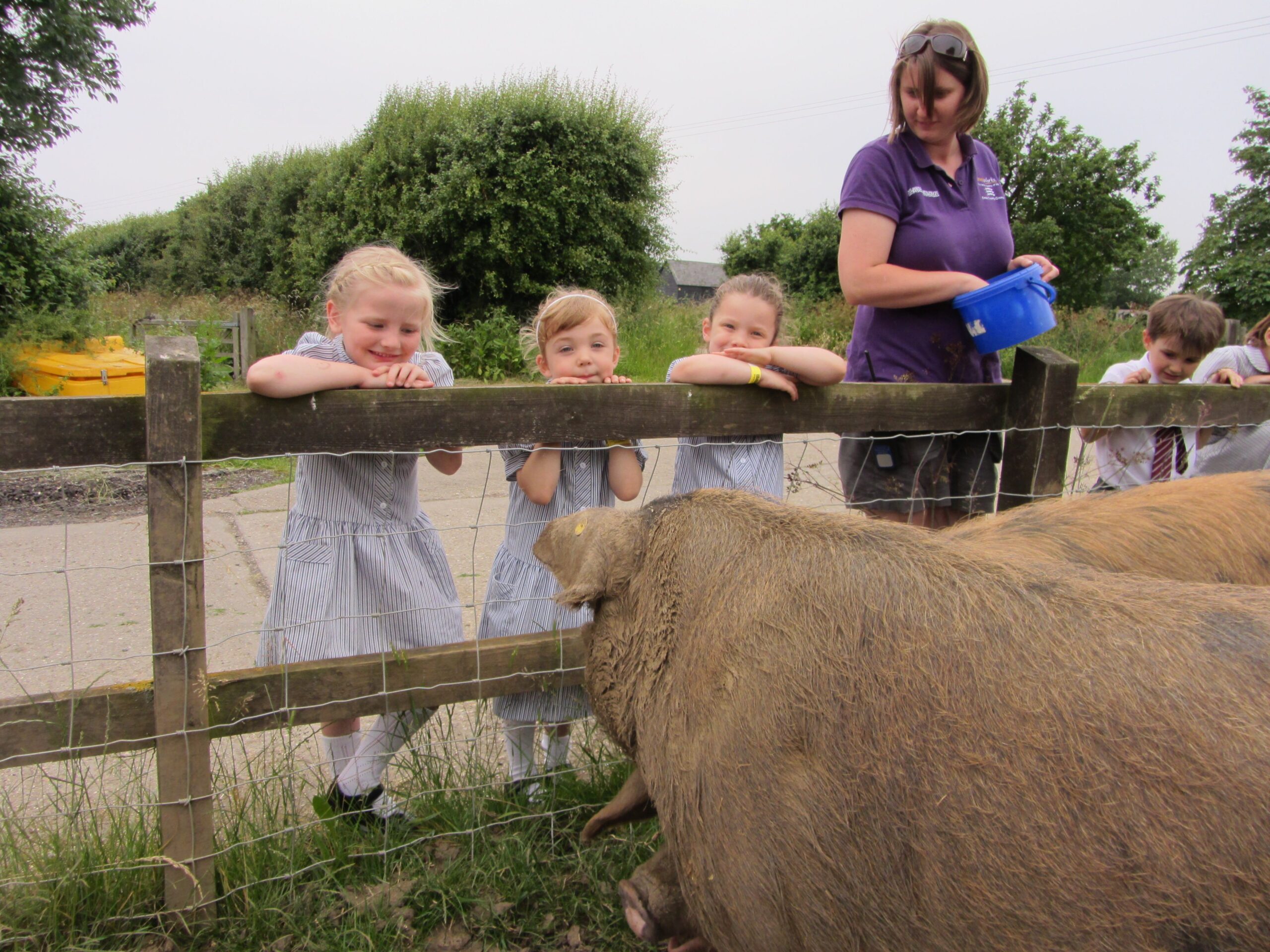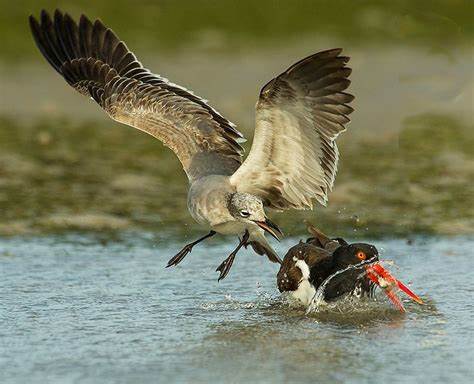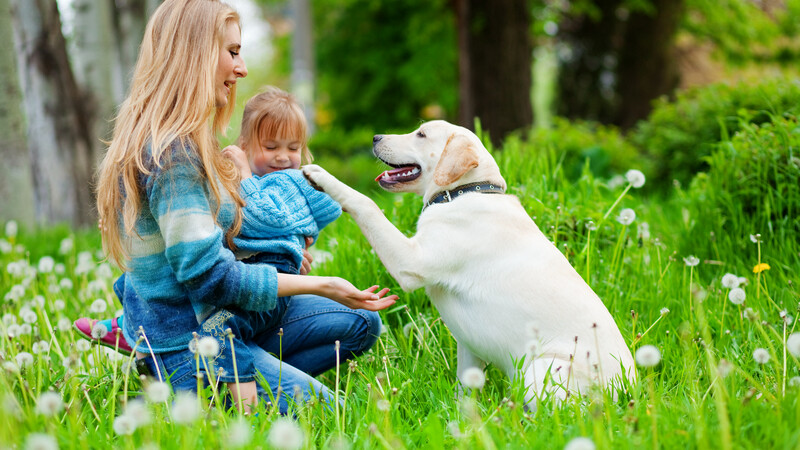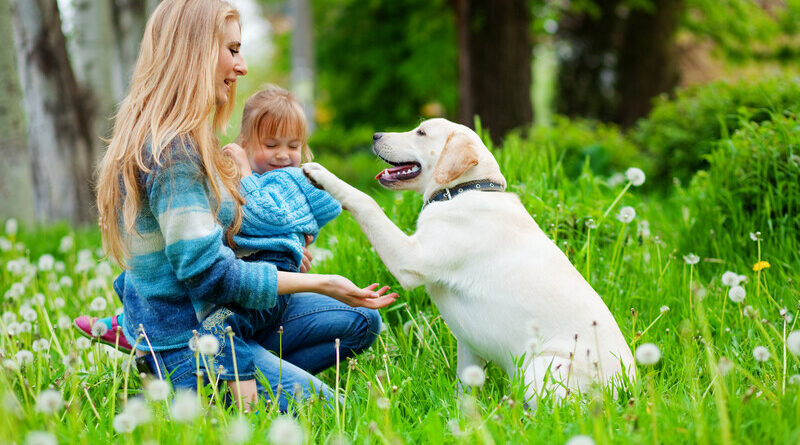People’s interactions with animals may be neutral, positive, or negative. If you are interested in animals and want to cultivate a positive relationship with them, your foremost concern is probably safety.
With news of viral or bacterial transmissions from animals to humans causing illnesses and even pandemics, we must also employ caution when interacting with animals.
Let’s dive in and see what safe interactions entail!
Impact of Animal Interactions

source: pinterest.com
So, are all animal interactions safe?
It depends on the animal, its training, and the interaction done.
Positive interactions between humans and animals are generally safe and beneficial for both. Science agrees that pleasant contact with people can positively impact and modify animal behavior, physiology, health, and even productivity.
On the other hand, even domesticated farm animals can sometimes perceive any contact with humans as a predatory encounter that can negatively affect them.
Wild, exotic animals must be handled with caution because their response may injure a person if the interaction causes them to feel alarmed and threatened.
Whether it’s some four-legged pets in a neighbor’s home, sea creatures in marine parks, or critters in the woods, we should always be mindful and avoid making assumptions about them. It is always best to ask first, like getting information from park guides, rangers, or zookeepers, before letting your excitement and curiosity cause disquiet to the animal.
How do Animals Develop Fear in Humans?

source: pinterest.com
As humans, you may mean well and try to get close to a wild animal for all the right reasons – provide care, develop a bond, and make them feel better. But their nature is always about survival, so they are cautious about who they let close.
Farm animals may be tamer and more social, but their guards go up if they experience negative interaction with humans. They tend to be fearful, distressed, and wary of being handled by unfamiliar people. They can also become averse to humans, which may also affect their productivity level.
Young animals are also highly sensitive to human stimuli, probably why kittens or puppies do not respond with as much warmth when you initially try to pet them.
How to Interact With Animals Safely and Pleasantly

source: pinterest.com
The key to building a good relationship with animals is to get them to trust you. Here are some tips for a safe and sound way to do that.
- Create a positive association with your presence. Bring them treats or toys to play with, so they’ll know that you’re a friend, not a threat
- When it comes to wild animals, do not attempt to touch them without proper guidance from their keepers to avoid any untoward stress or injury
- Respect their personal space. Do not recklessly get close to them, especially on your first meeting, because this could agitate them and cause them to respond negatively
- Learn to read their body language to know if they are open to interacting with you. Watch out for growling, trembling, lip licking, or frozen postures. These could be signs that the animal is not ready for a hug or playtime
- Be gentle. Avoid being overly eager when feeding or touching them because they may perceive it as an intrusion, especially territorial animals. Do not hurt or yell at or handle them aversively because this will cause them to be aggressive or aloof, exhibiting a fight or flight response
Animals are fascinating, and interacting with them can be a fun and educational experience. Remember these tips at Live Enhanced for your next animal adventure so you can make new friends and help create a nurturing space for the animals you encounter.





